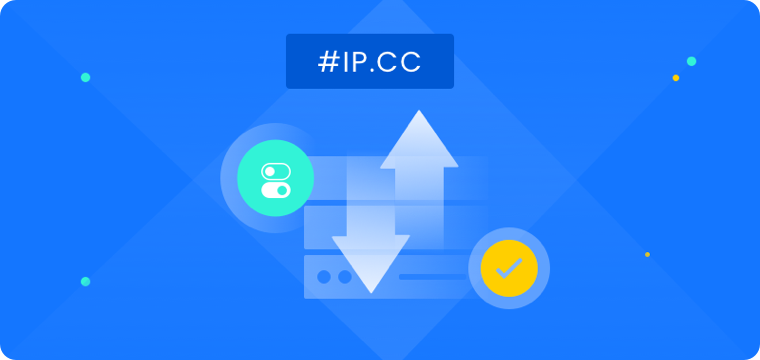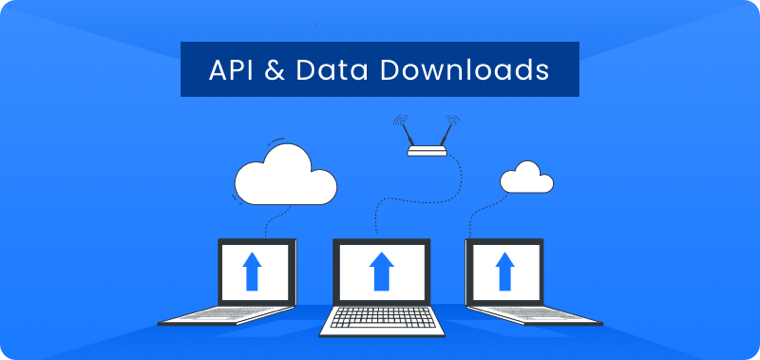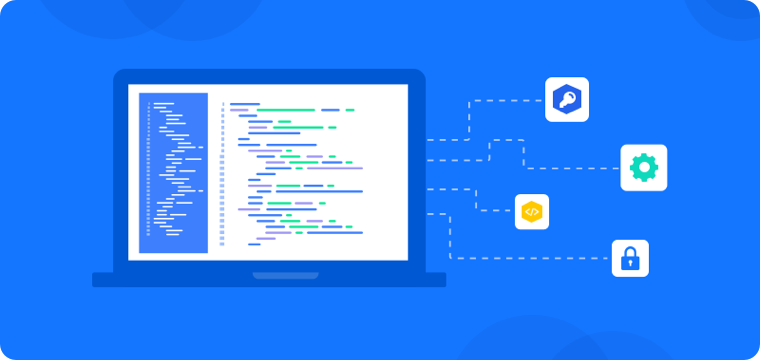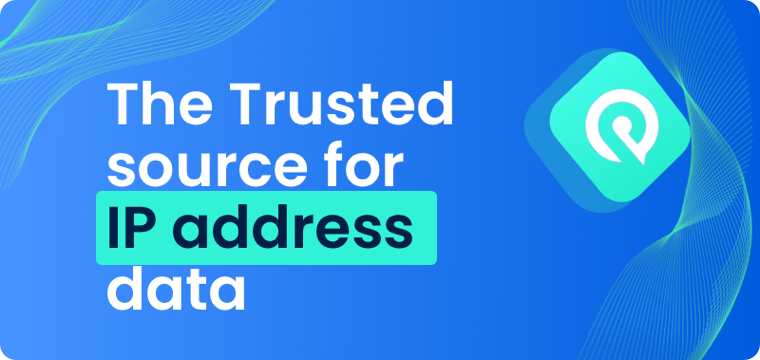
Proxy server data caching: The key to speeding up network access
In today's information explosion era, network access speed has become the focus of more and more attention. In order to meet the needs of users for faster and more efficient network experience, proxy cache, as one of the important functions of proxy server, plays a pivotal role. This article will delve into how proxy servers cache data and its positive impact on network access speed.

What is proxy caching?
Proxy caching refers to the process by which a proxy server stores the content of a resource in its local storage. These resources can be files, images, web pages, and other documents. When a user requests to access a resource, the proxy server checks whether the local copy of the resource exists. If present, the resource is delivered to the user immediately, reducing requests to the source server and increasing response time. If there is no local copy of the resource, the proxy server retrieves the resource from the source server and caches it locally for future user requests.
①What are the advantages of reverse proxy
Second, the proxy server caching principle
The proxy server acts as an intermediate node between the user and the source server, making requests on behalf of the user and processing responses. The caching principle basically follows the following steps:
1, Check the cache: When the user initiates a request, the proxy server first checks the local cache to see if there is a copy of the required resource. If so, the proxy server returns the cached resource directly, thereby avoiding the connection to the source server and improving response speed.
2, cache expiration policy: In order to ensure the timely update of resources, the proxy server will set the expiration time for each cached resource. Once a resource has passed the set expiration time, the proxy server, upon receiving a user request, goes to the source server to verify that the resource has been updated, and if so, retrieves the latest resource and replaces the old version in the cache.
3, conditional request: In addition to periodically checking whether the resource is expired, the proxy server can also ask the source server whether the resource is updated through conditional request. A conditional request means that the proxy server sends a conditional request header, and if the resource is not modified, the source server returns a special status code telling the proxy server that the cached resource can be used.
4, cache logic: The proxy server usually decides whether to cache resources according to the URL and HTTP request header of resources. For example, GET requests are usually cached, while POST requests are not, because POST requests may make changes to server resources.
3. Advantages of proxy caching
There are many advantages to using proxy caching, especially for popular resources and frequently visited websites:
1, improve response speed: Proxy caching reduces the number of requests to the source server, thus speeding up the speed of user access to resources. Especially during peak times, proxy caching can effectively reduce the burden on the source server and provide faster response times.
②How do I prevent crawler IP from accessing public data
2, save bandwidth: After the proxy server cache resources, it can provide multiple users in the local storage to share, avoiding multiple users to request the same resource from the source server at the same time, saving bandwidth and network traffic.
3, reduce the server load: By reducing the request to the source server, proxy caching can reduce the load of the source server, improve the stability and performance of the server.
4, offline access: In some cases, proxy caching allows users to access previously cached resources even if they are disconnected or unable to connect to the source server.
4. Limitations of proxy caching
While proxy caching brings many benefits, there are some limitations to consider:
1. Cache consistency: When the source server's resources are updated frequently, the cache may be inconsistent with the source server's content, resulting in users accessing expired or incorrect resources.
2, privacy and security: Proxy cache may store users' sensitive information or data, if not properly managed, may lead to data leakage and security issues.
3, Resource occupation: proxy cache requires a certain amount of storage space to store cache resources, if the cache management is not good, may lead to excessive resource occupation.
Proxy caching is a key function of proxy servers. By caching common resources, it improves network access speed, saves bandwidth, and reduces the burden on source servers. However, proxy caching also has some limitations that need to be considered and managed properly when used. Overall, proxy caching plays an important role in optimizing network performance and user experience.





